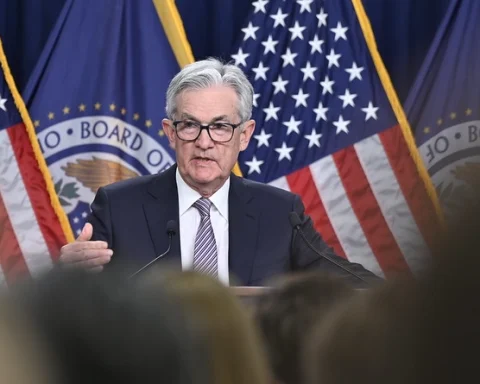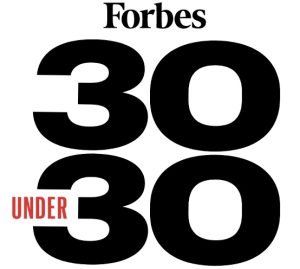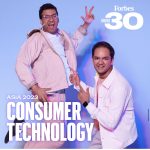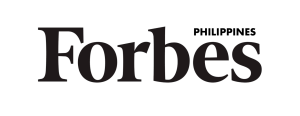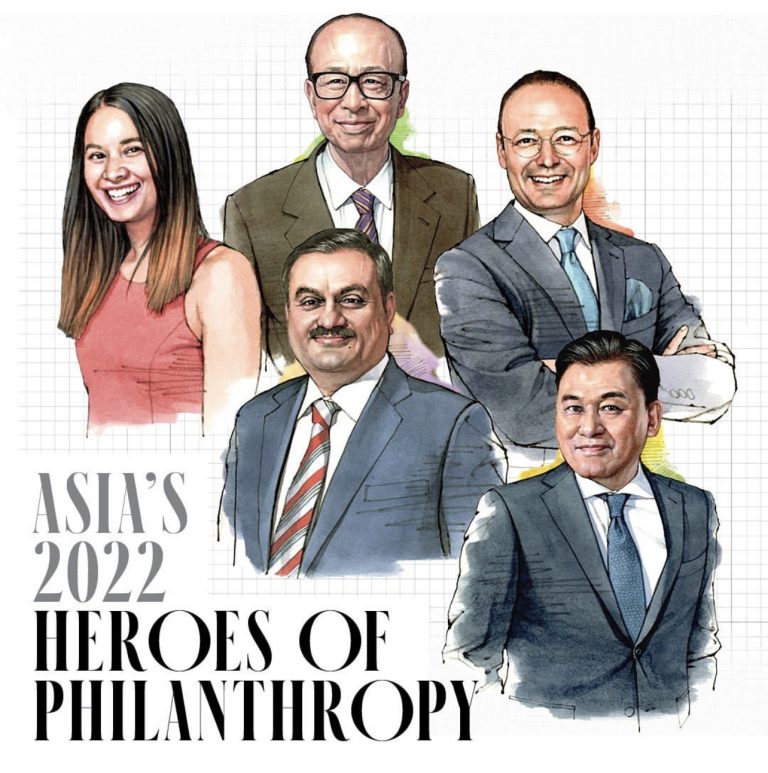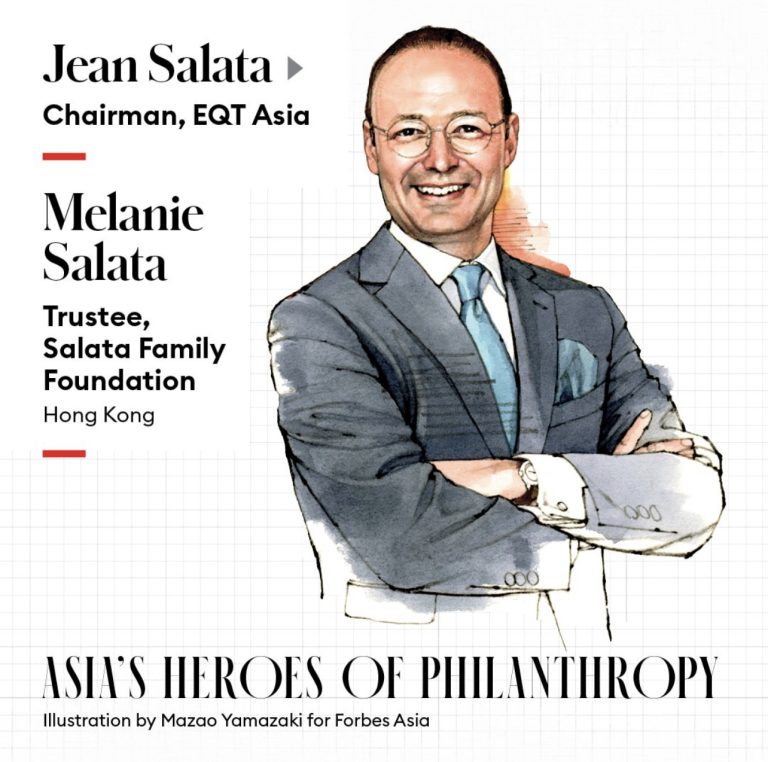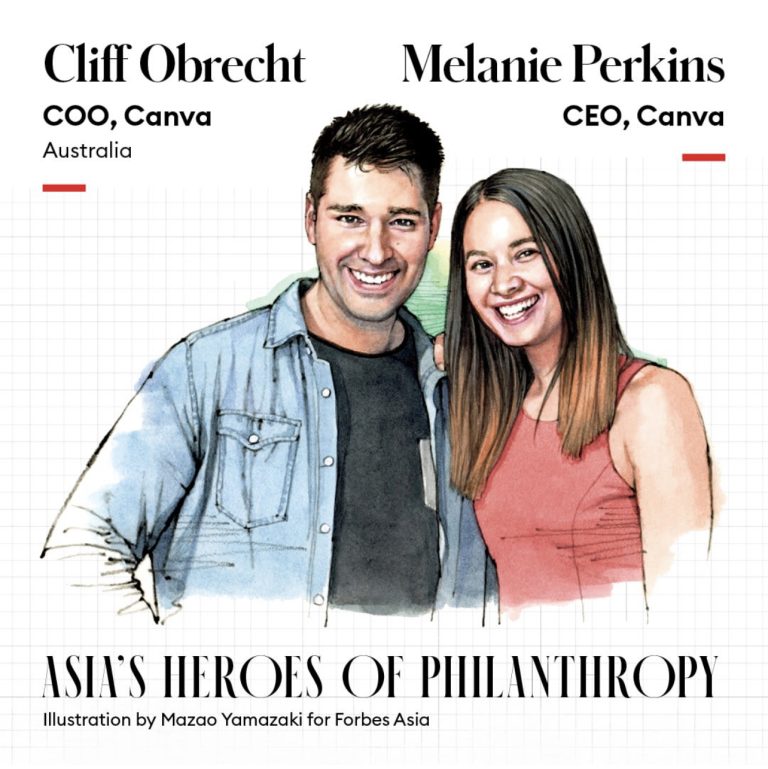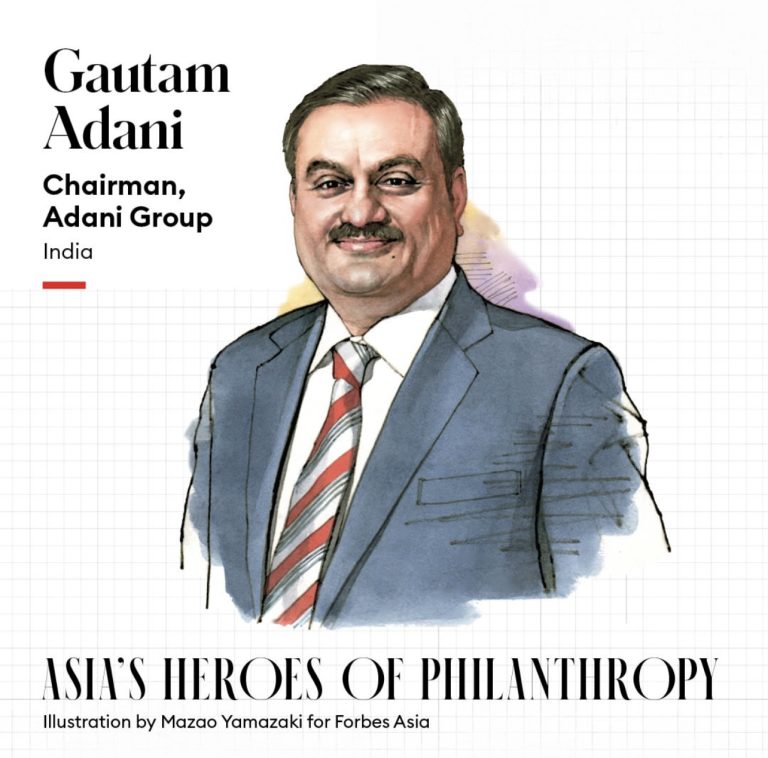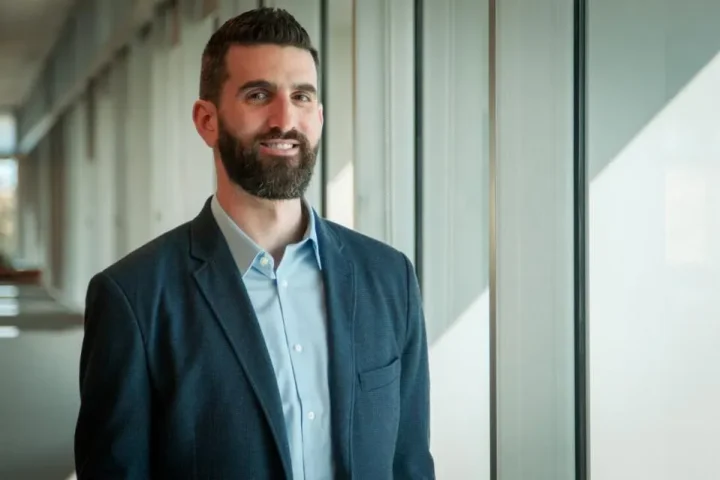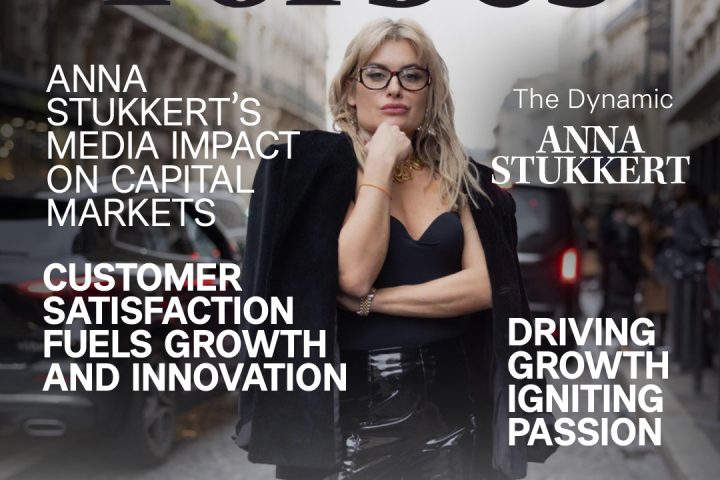In the realm of economic policy, the minimum wage has become a focal point of debate, with advocates touting benefits such as reduced homelessness and improved health. However, as we delve into the latest studies, a nuanced perspective emerges, revealing hidden charges associated with the seemingly appetizing concept of a “free lunch.”
Evolving Economic Thinking: The article opens by tracing the historical evolution of economic thinking on minimum wages. From the initial consensus in the 1970s and 1980s that they destroy jobs, a shift occurred in the 1990s with empirical studies challenging this notion. Today, the landscape is marked by a nuanced understanding that the employment effects of moderate minimum wage increases are close to zero.
Positive Wage Effects: Contrary to early beliefs, raising the minimum wage has demonstrated positive effects on wages. The narrative highlights the findings of recent studies that showcase increased wages without significant negative impacts on employment, challenging the traditional notion of a trade-off between wages and job opportunities.
Popular Public Support: The article touches on the widespread support for minimum wage increases among the American public. With statistics from Gallup and the Pew Research Center, it becomes evident that a majority of Americans favor raising the federal minimum wage. This popular sentiment adds a layer of complexity to the policy discourse.
Complex Realities of a ‘Free Lunch’: Delving into the crux of the matter, the article explores the hidden charges associated with the seemingly “free lunch” of minimum wage increases. Drawing on recent research, it uncovers complexities such as exacerbation of homelessness, unintended health consequences, and an unexpected rise in smoking rates.
Policy Implications: As the debate unfolds, the article concludes by shedding light on the current political landscape and the challenges associated with implementing substantial minimum wage increases. With Republicans in the majority in the House, the likelihood of significant changes remains low, leaving policymakers to grapple with the multifaceted implications of such economic decisions.
Conclusion: “The Minimum Wage Debate: Unveiling the Hidden Costs of a ‘Free Lunch'” provides readers with a comprehensive exploration of the evolving economic thinking surrounding minimum wage increases. As we navigate the complexities of positive wage effects, public support, and the hidden charges associated with this policy, the article invites a nuanced understanding of the ongoing debate and its far-reaching implications.
Read More: Rebel Wilson’s Candid Reflection: Navigating Body Changes Amidst a Busy Schedule



